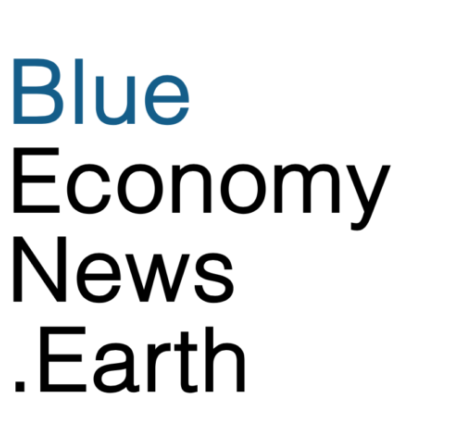The European Commission has announced it will invest a total of €2.9 billion from EU Emissions Trading System (EU ETS) proceeds into 61 projects through its Innovation Fund. The grants will go to net-zero technologies aiming to strengthen Europe’s technological leadership and speed up the deployment of innovative decarbonization projects and solutions.
The selected projects span 19 industrial sectors, 18 countries and different scales. The focus is on energy-intensive industries, renewable energy and energy storage, net-zero mobility and buildings, cleantech manufacturing and industrial carbon management.
The 61 projects have the potential to significantly reduce greenhouse gas emissions, by 221 million tons of CO₂ equivalent over their first decade of operation. This reduction will directly support the EU’s objective of achieving climate neutrality by 2050.
Using estimated revenues of €40 billion from the EU ETS, the Innovation Fund aims to drive investment in cutting-edge, low-carbon and net-zero technologies to support Europe’s transition to climate neutrality.
While many of the projects are terrestrial, some are ocean based. One project, COnet2 Sea aims to develop a replicable, large‑scale low‑emission maritime CO₂ transport service, shipping liquefied CO₂ (LCO2) from cement plant to a permanent geological storage in Spain. The project will develop and operate a medium-pressure LCO₂ vessel, designed to maintain CO₂ in liquid form. The ship will integrate an innovative boil-off gas management system using the cold from the bio-methane fuel, an onboard CO₂ capture unit using zeolite technology, and bio-methane propulsion to minimise lifecycle emissions
Another project eSeaRiverBarge, is a zero-emission sea-river container liner service demonstrating energy-as-a-service concept based on swappable containerized energy storage. The project will utilize a combination of technologies, including wind-assisted propulsion, air lubrication, electric engines, and innovative Energy-as-a-Service (EaaS) swappable Li-ion batteries, to achieve zero emissions.
All awarded projects were selected through an evaluation by independent experts against the following criteria: their potential to reduce greenhouse gas emissions, degree of innovation, project maturity, replicability, and cost efficiency.
The developers of the 61 successful projects have been invited to start the grant agreement preparation phase with the European Climate, Infrastructure and Environment Executive Agency (CINEA). During this phase, the Commission and the selected project promoters will finalise the funding contract — confirming the budget, timetable, technical deliverables and legal responsibilities. The results of this process will be confirmed in the first half of 2026.

